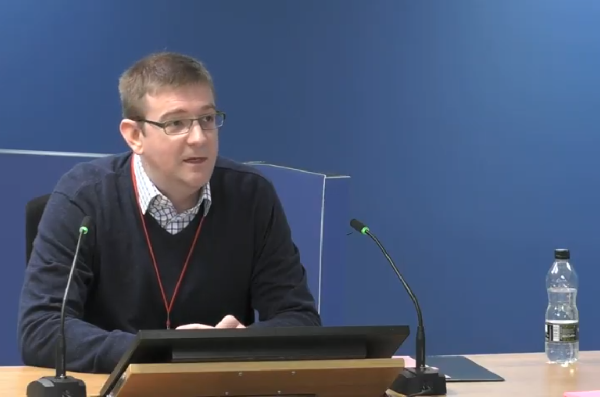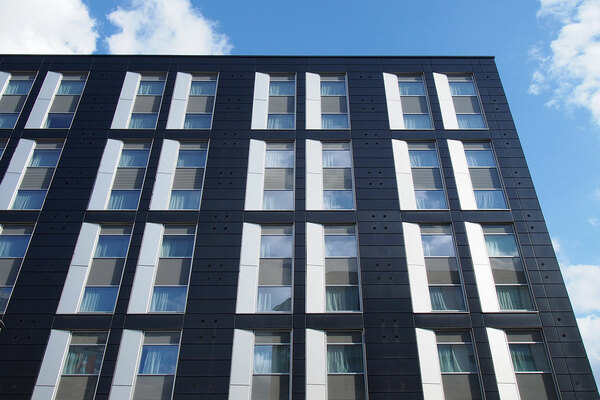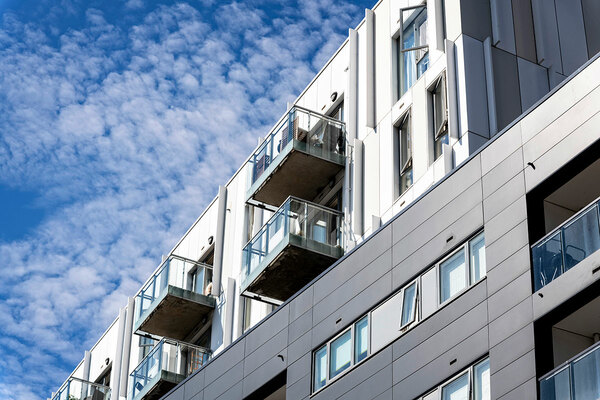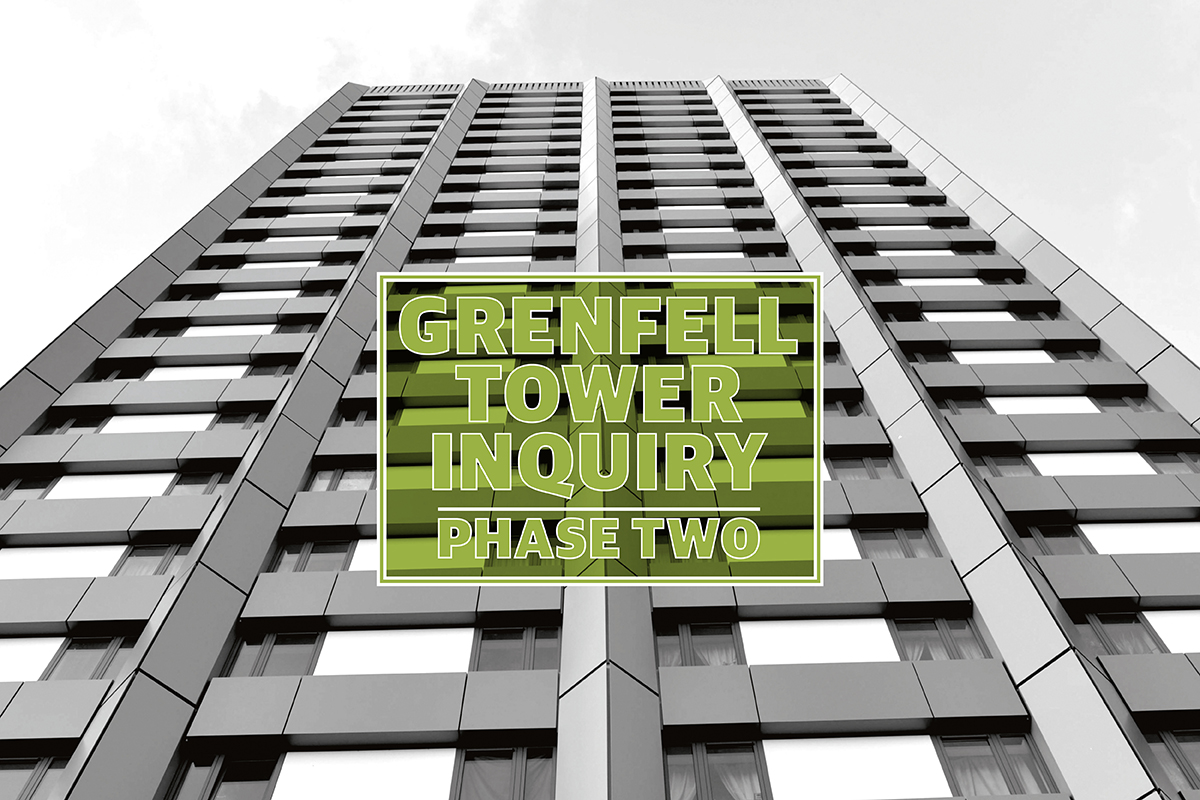You are viewing 1 of your 1 free articles
Confusion over government’s EWS announcement on buildings without cladding
Leaseholders were left confused over the weekend after a government announcement declaring that buildings without cladding would no longer be subject to EWS checks was initially questioned by banking bodies after they claimed they had not given consent to be included in the release.
On Saturday, the government published a press statement in which it said that it had come to an agreement with UK Finance, the trade body for banks, and the Building Societies Association (BSA), the body that represents building societies, that leaseholders would no longer require EWS forms for buildings without cladding.
According to the release, the groups had struck the deal that would benefit nearly 450,000 leaseholders.
However, just hours after the release was sent, both UK Finance and the BSA sent out a statement saying that they had not given their consent to be included in the release.
The joint statement went on to say that apart from a few occasions where EWS had been demanded in error, EWS forms had never been requested for a building without cladding or a combustible wooden balcony. It added that there were some buildings that looked brick-clad but had unknown materials behind the brick.
In response, building safety minister Lord Greenhalgh then took to Twitter on Saturday night to say that he and housing secretary Robert Jenrick had spoken to UK Finance chair Bob Wigley and Robin Feith from the BSA on Saturday, in which they confirmed that EWS forms were not required, and never have been required for buildings without cladding.
Inside Housing has spoken to several leaseholders living in buildings often with little or no cladding that have been unable to sell until an EWS check has been carried out on their building.
UK Finance and the BSA’s latest statement has omitted mention of not giving consent but other than that, mirrored what was sent out over the weekend.
The EWS process requires a qualified engineer to carry out a survey on a building to assess whether the external wall contains dangerous materials. If it doesn’t include these materials, or is deemed low risk, the engineer can give the building a clean bill of health on the EWS form and allow sales to proceed. If it does include these materials, the engineer recommends that costly remedial works will be needed before flats in that building can be sold.
Alongside the statement on Saturday, the government published estimates on the number of leaseholders living in blocks without cladding and would not need an EWS. According to the estimates there are currently 88,000 residential buildings over 11m in the country, with 30,000 (34%) buildings not having cladding and not requiring an EWS. This is the equivalent of 720,000 homes and 431,000 leaseholders.
However, the government release also estimates that the remaining 58,000 buildings, did have cladding and would require an EWS check. This is the equivalent to just over 861,000 leaseholders requiring the check for their buildings.
The government also announced over the weekend that it was launching a rapid training programme to try and create 2,000 more fire risk assessors to carry out checks on buildings and fill out EWS forms.
There is currently a major shortage of qualified engineers able to carry out EWS checks, which means that building owners and leaseholders are having to wait long periods until they can get these checks completed.
This is also further exacerbated by the high costs these engineers are facing when securing professional indemnity insurance to cover them for carrying out the work.
According to the government, the £700,000 programme would see 2,000 new assessors trained by the middle of next year. It has also said it is working with the insurance industry to try and bring down these costs.
Mr Jenrick said: “Through no fault of their own, some flat-owners have been unable to sell or re-mortgage their homes – and this cannot be allowed to continue.
“That’s why the government has secured agreement that the EWS1 form will not be needed on buildings where there is no cladding; providing certainty for the almost 450,000 homeowners who may have felt stuck in limbo.
“However, this is only part of a wider solution and we continue to support those homeowners who do have cladding on their buildings and where there is still more to do.
“I welcome the support we have received from RICS and industry to resolve this matter and will be working urgently with lenders to resolve these challenges, ensuring that EWS1 forms are requested only where absolutely necessary and that the number of surveyors able to complete them is increased urgently to meet demand.”
Sign up for our legal and regulation newsletter
Already have an account? Click here to manage your newsletters














